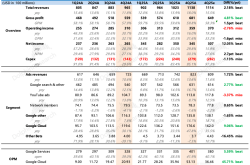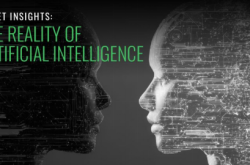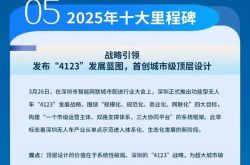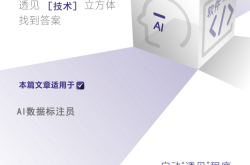From Digital Shackles to Intelligent Partners: AI Agents Redefine CRM Value Logic
![]() 07/17 2025
07/17 2025
![]() 510
510
Source: @Chief Digital Officer
"AI Agents will fundamentally transform SaaS in the future." This groundbreaking prediction was first made by Microsoft CEO Satya Nadella in late 2024.
From Nadella's perspective, Copilot Workspace marks the dawn of Agent-driven behavior. Users will soon interact solely with AI Agents to complete tasks, revolutionizing the traditional SaaS paradigm.
Just six months ago, many doubted Nadella's assertion. Yet, within half a year, this disruption has permeated various SaaS sub-sectors.
CRM stands out as a prime example.
In September 2024, Salesforce, the global CRM leader, unveiled Agentforce, an intelligent agent platform designed to optimize internal enterprise processes via AI Agents, encompassing sales, service, marketing, and commerce scenarios.
The domestic CRM market is equally vibrant.
On March 19th, 2025, domestic CRM provider EasyCRM premiered its AI CRM product, NeoAgent, at the Tencent Global Digital Ecology Conference Shanghai Summit. The official launch followed on April 18th, marking the dawn of AI innovation among domestic CRM providers.
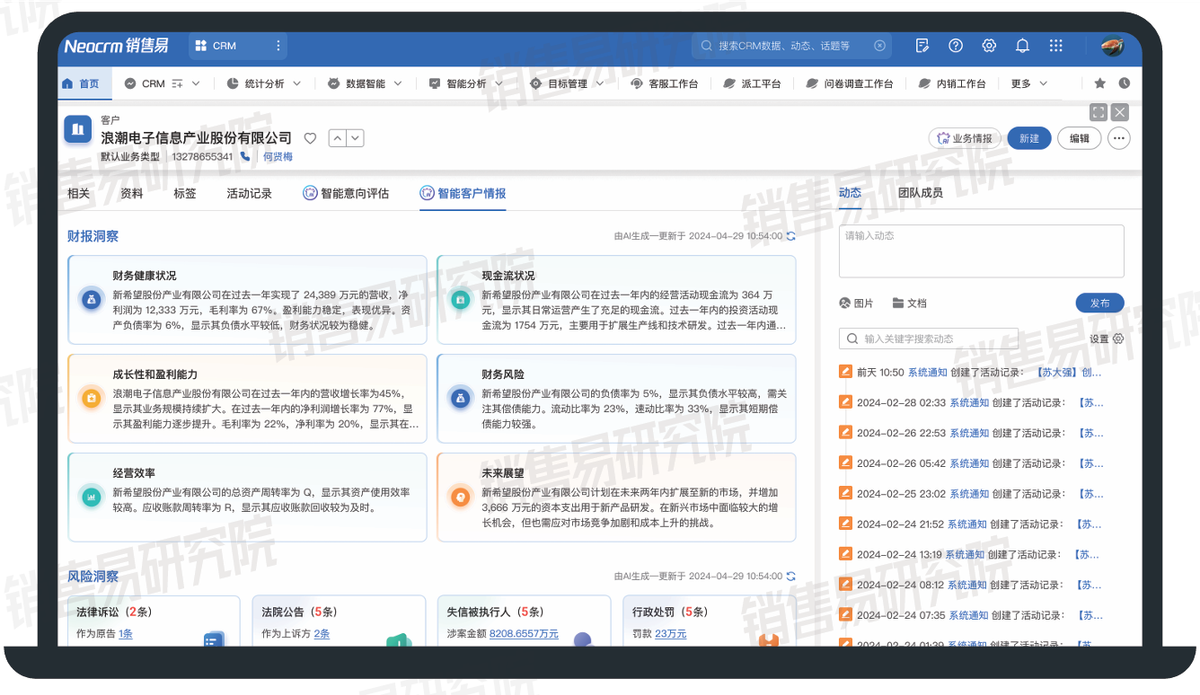 Diagram of EasyCRM Sales Assistant Agent, Image Source: EasyCRM
Diagram of EasyCRM Sales Assistant Agent, Image Source: EasyCRM
Historically, CRM discussions inevitably touched on processes, forms, and data entry. Sales teams often lamented CRM as a "digital shackle" imposed by management, consuming time without directly aiding frontline work.
Today, AI Agents are fundamentally altering this landscape.
Recently, "Chief Digital Officer" (ID: shouxishuzhiguan) visited EasyCRM to discuss AI Agent applications in CRM with CTO Liu Zhiqiang and VP of Products Luo Yi.
Through visits and observations, we discovered that AI is no longer a mere functional add-on in CRM systems; it's a powerful engine that's fundamentally reshaping the underlying logic of SaaS products, from interactions to processes and business models.
To grasp the disruptive nature of AI Agents, diving into a real-world business scenario is essential.
Michelin, the global tire giant, boasts an extensive channel network and hundreds of frontline sales representatives in China. They face a classic dilemma shared by large distribution enterprises: balancing efficiency, data quality, and business growth.
According to Luo Yi, Michelin has over 400 salespeople in China, with almost every salesperson engaging in the same task every Monday morning: preparing a channel customer visit plan for the upcoming one to two weeks.
While this task may seem straightforward, it's time-consuming and labor-intensive. Previously, salespeople relied on experience, memory, and familiarity with channel customers to mentally decide which clients to visit and then document their plans.
"Each salesperson visits an average of 5 to 7 customers per day, totaling 25 to 30 customers per week. Just preparing the visit plan alone takes up a salesperson's entire morning, leaving no time for other tasks," said Luo Yi.
After finalizing the visit plan, salespeople proceed to visit channel stores as scheduled. Post-visit, they must fill out visit records for the dealer stores.
For salespeople, customer visit records are crucial as they provide feedback on store conditions, data vital for headquarters' business decisions.
Ideally, customer visit records should be comprehensive and truthful. In reality, faced with complex forms containing numerous fields, salespeople often rush through the task or even provide false information. High-quality data insights become a pipe dream from the outset.
This problem is pervasive among sales teams across nearly all companies.
In a Feishu live broadcast on July 9th, Getue CEO Tuobuhua candidly admitted facing the management dilemma of "information distortion."
"We have a term called 'work performance artists,' referring to salespeople intentionally or unintentionally 'beautifying' their work achievements when filling out customer feedback. This results in genuine customer feedback being filtered and modified during reporting, ultimately presenting managers with a 'carefully scripted summary,' leading to decisions detached from real user needs," Tuobuhua lamented during the broadcast.
Moreover, employees expend considerable energy filling out meaningless forms, time that could be better spent serving customers.
Besides these issues, salespeople generally face a more pressing challenge: identifying incremental customers.
From an enterprise perspective, "growth" is a critical metric requiring constant attention. Startups must grow through new users, while industry leaders with large customer bases often find their greatest growth potential in existing customers.
The question is, how do you identify existing customers with incremental purchase needs or "those who have bought Product A but not Product B"? Traditional CRM makes this demand exceedingly costly to implement. Marketers must define complex filtering rules and perform repetitive operations, inefficient and difficult to standardize.
It's evident that Michelin's sales challenges are shared by most enterprises in the market. EasyCRM is using NeoAgent to provide novel solutions to these previously intractable problems.
According to Liu Zhiqiang, CTO of EasyCRM, EasyCRM developed the "Channel Assistant Agent" in collaboration with Michelin to address Michelin's channel sales pain points.
For instance, regarding sales managers' weekly customer visit planning, the Agent comprehensively analyzes multi-dimensional data, including customers' historical orders, activity levels, geographical locations, and potential business opportunities, intelligently recommending customers to visit and even prioritizing visits. The entire process takes as little as 3 minutes.
This not only saves time but also elevates decision-making quality, transitioning from "gut feeling"-based decisions to data-driven intelligent decisions.
Similarly, AI is revolutionizing the salesperson's customer visit process.
Utilizing Agent capabilities, salespeople simply open their phones and record the entire visit upon arriving at the customer's store. The AI instantly converts speech to text through advanced speech recognition and natural language understanding, parsing content and directly populating key information (e.g., customer name, discussion points, follow-up plans) into the CRM system's corresponding fields.
Moreover, the Agent can autonomously fill in information using preset templates and system business data, allowing secondary modifications with traceability to ensure data authenticity and accuracy.
This not only frees salespeople from tedious data entry but also fundamentally addresses the persistent issue of low data quality.
Regarding incremental customers, a top concern for salespeople, EasyCRM created the "Marketing Agent" for this purpose.
According to "Chief Digital Officer," users can issue instructions in natural language, such as, "Find customers who have purchased drag chain cables and have the potential to purchase linear guide systems." The Marketing Agent swiftly understands the intent and intelligently screens customer groups within vast customer data.
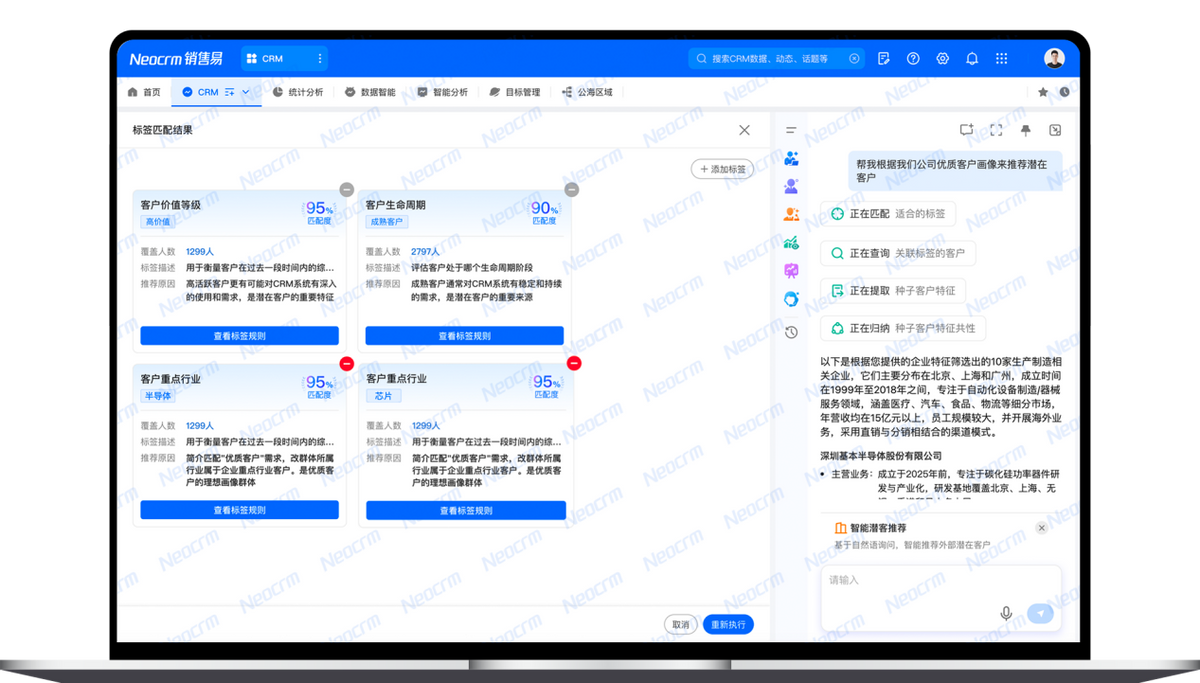 Diagram of EasyCRM Marketing Agent, Image Source: EasyCRM
Diagram of EasyCRM Marketing Agent, Image Source: EasyCRM
Furthermore, it can automatically generate personalized marketing strategies, like crafting customized marketing emails for this customer group or creating tasks assigned to corresponding salespeople for follow-up, forming a seamless closed loop from insight to action.
This transforms the excavation of potential value from existing customers from a complex project into a routine task executable at any time.
According to "Chief Digital Officer," EasyCRM has launched Agent products including Customer Service Agent, Sales Assistant Agent, Analyst Agent, among others. Additionally, the "Channel Manager Agent" will soon be officially launched, with the "Marketing Agent" scheduled for release in August.
It's undeniable that EasyCRM's rapid launch capabilities are closely tied to Tencent's support.
On February 14th, 2025, Tencent and EasyCRM announced a comprehensive upgrade to their strategic cooperation. Li Qiang, Tencent Group's Vice President and President of Tencent's Government and Enterprise Business, concurrently serves as EasyCRM's Chairman. Just one month later, EasyCRM unveiled NeoAgent.
Previously, Shi Yanze, EasyCRM's founder and CEO, revealed to the media that Tencent's AI large model capabilities and related product capabilities enable EasyCRM to quickly connect and reuse them.
"For example, the NeoAgent platform is deeply integrated with Tencent's Hunyuan large model and DeepSeek, possessing powerful Chinese understanding and creation capabilities, as well as logical reasoning abilities, empowering salespeople to enhance efficiency in scenarios like entering visit activity records, searching for document solutions, and identifying high-potential customers," said Shi Yanze.
Besides multi-model scheduling, seamless integration with products like Tencent Meeting and Tencent Enjoy also showcases Tencent's rapid enablement of EasyCRM's AI.
Of course, EasyCRM has also amassed years of technological experience.
EasyCRM's ability to launch rapidly is closely linked to its years of accumulated business capabilities.
Liu Zhiqiang explained that EasyCRM's NeoAgent capabilities are built upon its years-long aPaaS platform. Initially an application platform providing enterprises with flexibility to build business applications, it has evolved into a platform supporting NeoAgent construction.
What does this mean? When an Agent needs to perform an action, like "querying orders" or "creating business opportunities," it invokes validated business capabilities already within the platform, deeply integrated with the permission system.
Enterprise-level foundational capabilities on the platform, such as workflows and data APIs, have become the "toolbox" for AI-era Agents. The richer the tools, the more powerful the Agent's capabilities. This native integration approach ensures the accuracy, security, and scalability required for enterprise applications.
Moreover, data capability is another essential foundation for AI Agents to penetrate specific enterprise business scenarios. This involves a series of issues like data addition, deletion, modification, and query, data security, and data permissions.
Unlike traditional IT architectures, in the AI era, leading vendors like SAP and Salesforce have proposed the concept of a "Business Data Cloud," aiming to build a data platform oriented towards business rather than merely a "data warehouse" for data's sake.
Such a platform enriches data dimensions, making data more accessible for upper-level business and AI applications, thereby preparing for AI utilization at a lower cost and in a more convenient manner.
Of course, the most noticeable change brought by AI Agents is the revolution in interaction methods.
Complex menus, nested pages, and cumbersome forms are being replaced by a minimalist dialog box. Users can now complete tasks previously requiring dozens of clicks through natural language.
This isn't just about "making the UI look better"; it's a fundamental shift from "humans adapting to software" to "software adapting to humans".
However, it's crucial to note that providing just a dialog box won't suffice if users don't know what to ask, leading to a poor experience.
In response, EasyCRM's approach incorporates extensive guidance and scenario-based quick access in product interactions, ensuring the Agent's output directly links to specific business pages, achieving a seamless experience where "what you see is what you get, and what you get can be acted upon".
This design, deeply integrating natural language interaction with existing business systems, truly forms a value closed loop from intent recognition, intelligent execution to result feedback.
Stepping beyond EasyCRM's AI practice, we see a grander picture: AI is systematically reconstructing the SaaS industry at three levels.
Traditional SaaS's core value lies in "process solidification" and "data recording," making it a passively executed tool.
The advent of AI Agents transforms it into an "intelligent partner" or "digital employee" that understands intent, proactively plans, and collaborates with humans. It's no longer just a tool for salespeople to enter data but an assistant that helps plan visits, prepare materials, and summarize meeting minutes; it's also no longer just a tool for managers to view reports but an advisor that can proactively identify risks, predict performance, and make suggestions.
This transformation from "tool to partner" will significantly enhance the strategic value of SaaS products in enterprises.
As the value of SaaS shifts from providing functions to directly creating quantifiable business results, its business model will inevitably evolve as well.
During the "Chief Digital Officer's" recent visits to various SaaS companies, it was evident that the industry is transitioning from traditional user/seat-based pricing models to more quantitative and sophisticated billing methods, such as charging based on the number of tasks completed or costs saved.
Although the market predominantly adheres to the packaged user payment model, the shift from tool-based to value-driven pricing is unstoppable. In the future, SaaS providers will need to more explicitly showcase the ROI their AI solutions deliver to customers, which will become the cornerstone of business competition.
In essence, the evolution from function-based subscriptions to value-driven payment models is inevitable for the SaaS business paradigm.
Ultimately, in the AI era, the ultimate outcome of SaaS competition will hinge not on the sheer number of functions or mere model capability comparisons, but on the depth of data assets and the breadth of application scenarios.
From the perspective of the "Chief Digital Officer," the capabilities of general large models serve as the foundation, but the true challenge lies in integrating them with high-quality, multi-dimensional, and compliant data within enterprises to cultivate precise and reliable Agents tailored to specific business contexts.
Vendors like EasyCRM, who have made early investments in unified data platforms and possess rich tools and industry expertise accumulated from PaaS platforms, undoubtedly enjoy a pioneering advantage in this transformation.
Revisiting the initial question, will AI Agents spell the end of SaaS? After an in-depth discussion with EasyCRM, my answer is: What will come to an end is the familiar SaaS 1.0 era, characterized by "online forms" and "process engines".
A brand-new, AI-powered SaaS 2.0 era, functioning as intelligent partners, is surging forward.
In this AI-led industry reconstruction, SaaS products are no longer static software but dynamic entities that evolve alongside enterprises. They utilize natural language for interaction, unified data as their lifeblood, and Agents as their limbs, penetrating every aspect of the business to actively generate value for enterprises. The collaboration between SalesEasy and Michelin marks the inception of this grand narrative.
The future is upon us, and we are all witnesses to this transformation.
-end-
Source: @Chief Data & Intelligence Officer

